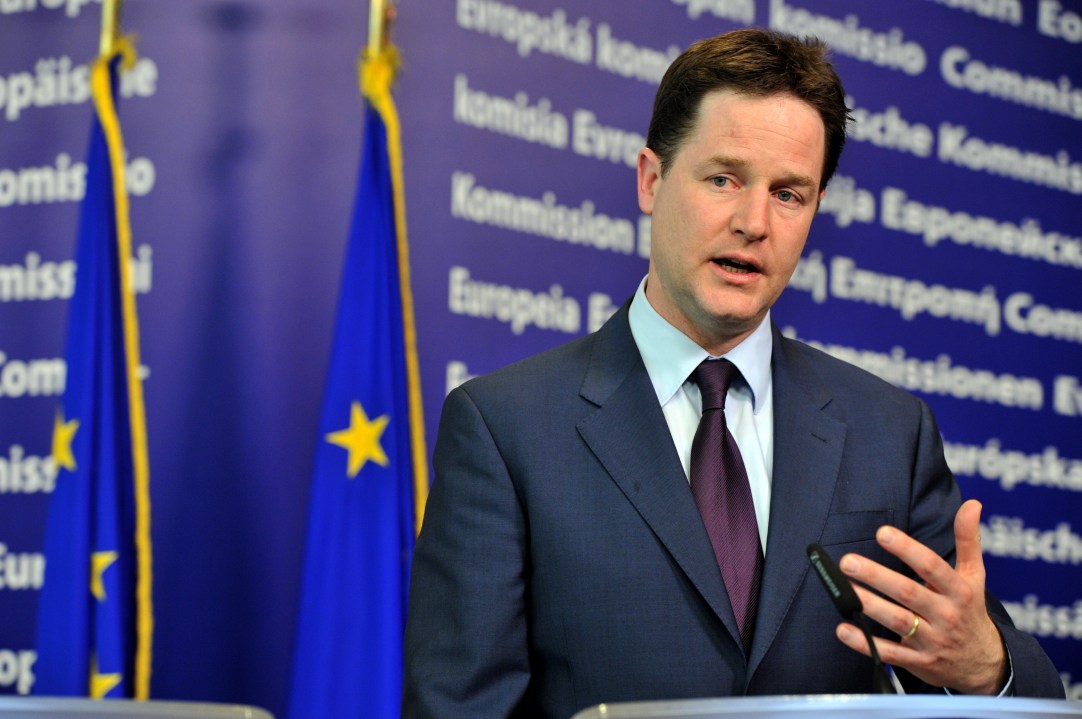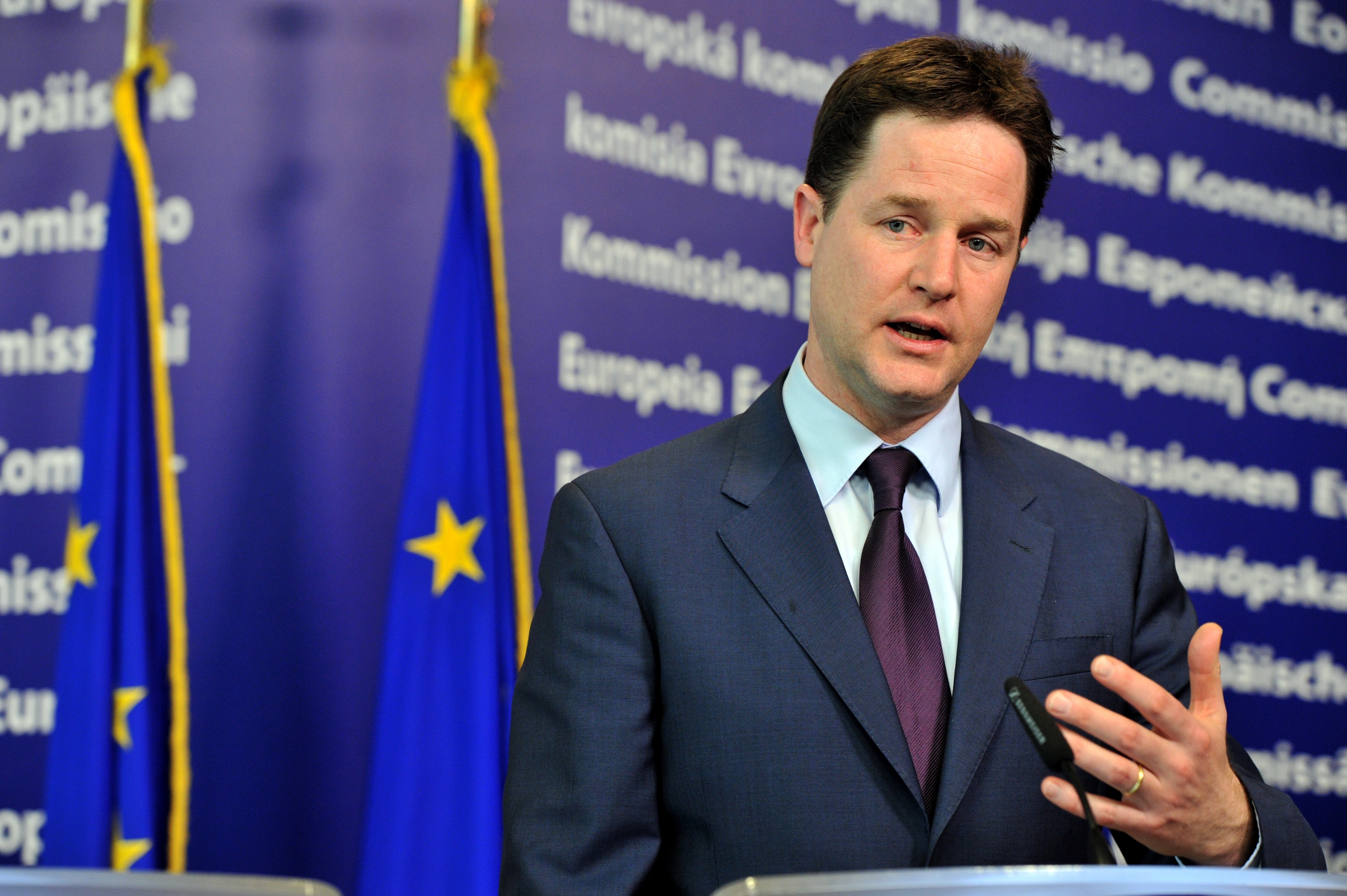 This might seem a very odd question. A pro-EU position is part of the party’s
internationalist DNA. Listen to any EU-related speech by the likes of Nick Clegg or Paddy Ashdown and heartfelt support for the European project is apparent.
This might seem a very odd question. A pro-EU position is part of the party’s
internationalist DNA. Listen to any EU-related speech by the likes of Nick Clegg or Paddy Ashdown and heartfelt support for the European project is apparent.
The Liberal Democrats have also made a virtue of reining in Tory euroscepticism, for example rejecting a call for repatriation of powers in the Coalition Agreement. The Deputy Prime Minister remains, in private and public, pro-EU. And to many activists and MPs, the party’s European stance is what makes it different to the Tories – and is the reason why they are Lib Dems. They see in Tory euroscepticism a boorish Little Englanderness they abhor and find out of synch with the way of the modern world.
But look closer and a change seems to be underway. Many of the party’s younger MPs – especially in the West Country – reflect the concerns of their electorates, which means they either do not particularly care about the EU or are more sceptical than their political forebears.
Nick Clegg has spoken against UK ‘raids’ on the EU but – recognising the state of public opinion – has not cranked up the volume. One important constituency in the party, its grandees, remains vocally pro-EU. Yet their loudness is all the more conspicuous because other voices are much more muted. And while Tory benches are jam-packed when any EU issue, however small, is debated in Parliament, the Lib Dem benches (like those of Labour) tend to thin out.
Of the three parties, the Lib Dems are still the most pro-EU. But just as Douglas Alexander is trying to move Labour towards a more electorally sustainable EU position, so change – albeit of a more subtle kind – seems to be happening within the Liberal Democrats.







Comments